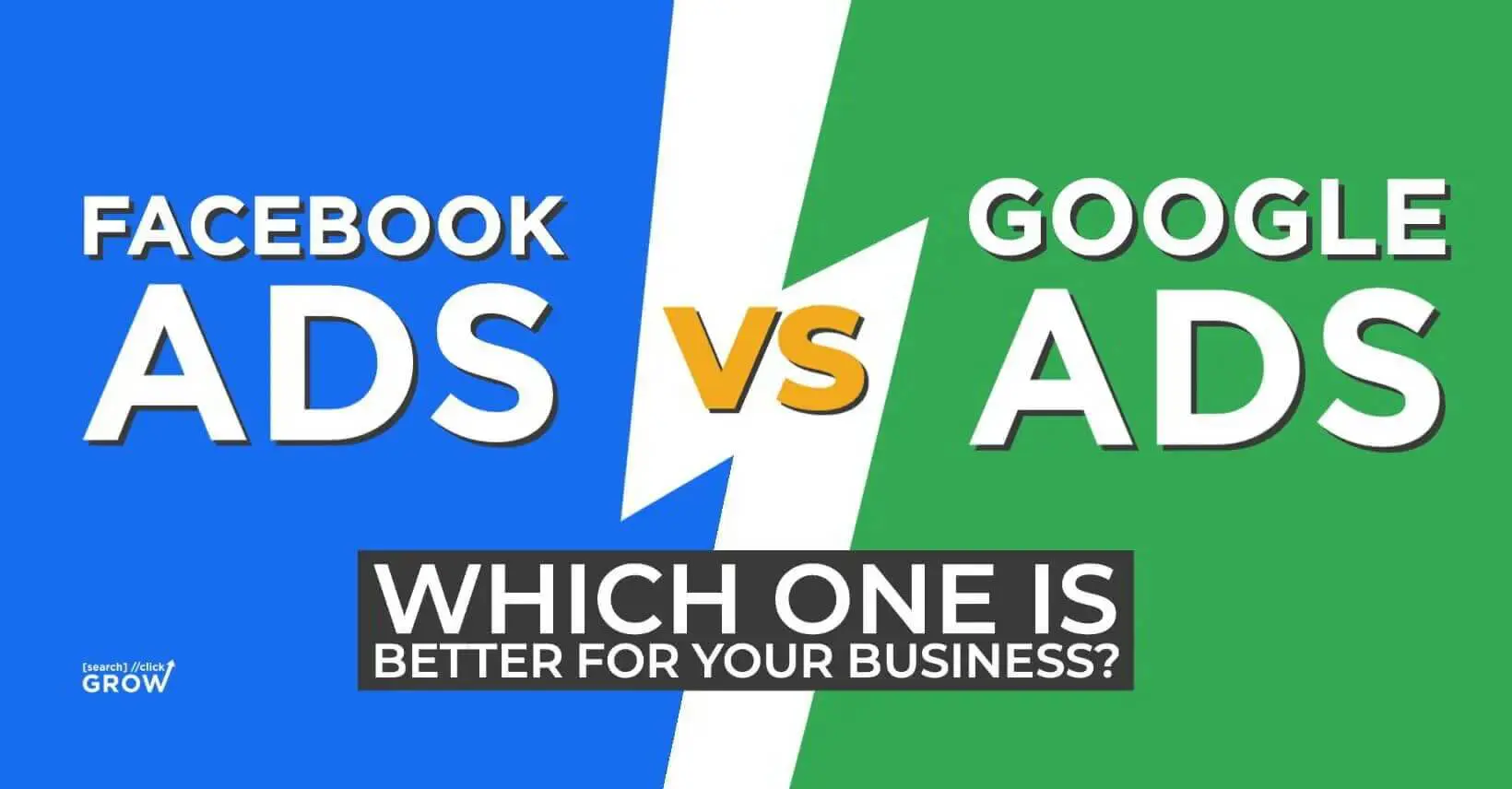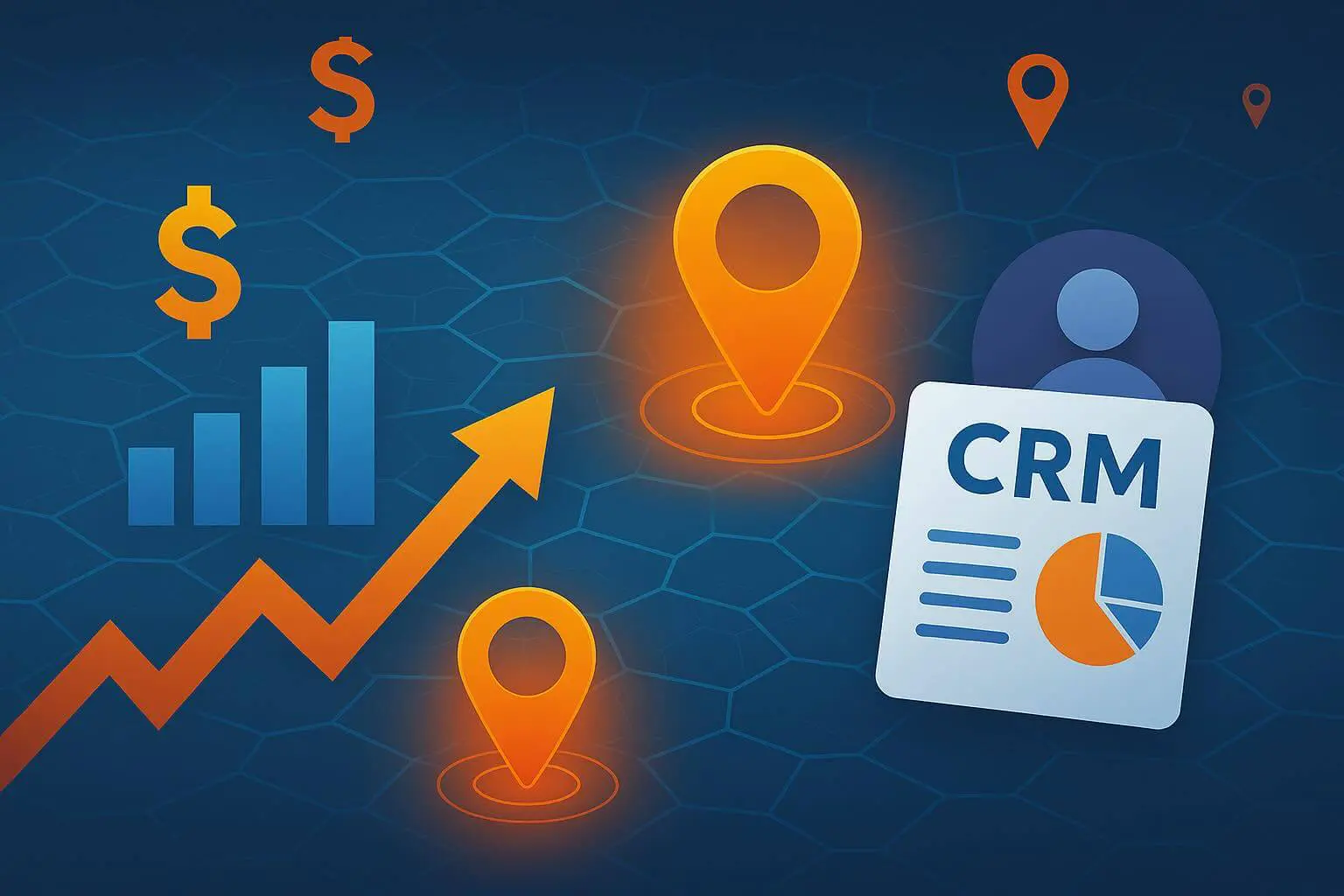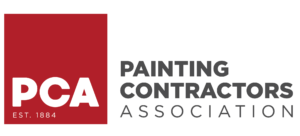
Facebook Ads vs Google Ads: Which Is Better for Your Business?
Pay-per-click (PPC) advertising is a huge part of online marketing. It’s a great strategy for small businesses to position themselves in front of their target market and generate leads quickly.
Although organic traffic can be generated for free by search engine optimization (SEO), organic traffic can take weeks or even months to show results. PPC, on the other hand, can give you immediate visibility and put your products and services in front of people who are already searching for what you offer.
However, most business owners are put off by the idea of paying for ads, thinking that it’s a waste of money. The truth is, though, if done right, PPC can be an extremely effective way to grow your business.
If you don’t maximize this tool for your product or service company, you run the risk of losing out on valuable leads and sales.
To help you make the decision, we’re going to compare Facebook Ads vs Google Ads, their pros and cons, and which one is better for your business. These are two major platforms that offer PPC advertising, and they each have unique features.
What Are Facebook Ads?
Facebook Ads are a form of online advertising that allows businesses to target a specific audience with ads on the social platform. Businesses can use Facebook Ads to promote their products or services, drive traffic to their website, or increase brand awareness.
This PPC strategy offers targeting options that allow businesses to laser-focus their ad campaigns on the demographics, interests, and behaviors that matter most to them. Facebook Ads also provides businesses with insights about how their ads are performing so they can optimize their campaigns for better results.
With nearly 3 billion active users as of July 2022, Facebook is one of the most popular social networking platforms in the world. As such, you want to make sure your business is visible on this site.
Types of Facebook Ads
There are three different types of Facebook Ads:
- Sponsored Stories: These are stories from friends about your business that appear in the news feed. They imitate the organic look and feel of news feed content, which makes it difficult for them to distinguish from regular friend updates.
- Page Post Advertising: These are posts from your Facebook Page that are shown as ads in the news feed. They can be used to promote your Page, a specific post, an event, or offer a coupon.
- Custom Ads: These are the ones that you create yourself using the Facebook ad tool. You can choose your target audience, budget, and what kind of action you want people to take (such as clicking on your ad or visiting your website).
Facebook Ads Features
Facebook Ads also has a number of features that can be used to target your ads, including:
- Interest Targeting: This allows you to target people based on their interests. You can target people who have interests in specific topics, pages, or categories on Facebook. For example, if you have a plumbing service company, you could target people who are interested in home improvement.
- Demographic Targeting: You can target people based on their age, gender, location, and other factors. By designing and promoting ads specifically for your target market, you can increase your chances of making a sale.
- Behavior Targeting: This allows you to target people based on their past behaviors, such as whether they have made a purchase from your business in the past. This lets you stay in touch with past customers and nurture your relationship with them.
What Are Google Ads?
Google Ads are online advertisements that appear on Google’s search engine results pages (SERPs). They are designed to attract web traffic to a business’ website. Google Ads uses a pay-per-click (PPC) pricing model, which means businesses only pay when someone clicks on their ad.
These ads are located above, to the right of, or below the organic search results on a SERP. They are clearly labeled “Ad” so that users know they are not viewing traditional search results.
Types of Google Ads
You can use Google Ads to promote your business in several different ways:
- Search Ads: These are the traditional type of Google Ad, and they appear when someone uses a keyword that you have chosen to trigger your ad. For example, if you sell pet supplies and someone searches for “dog food,” your ad may appear on the SERP.
- Display Ads: These types of Google Ads appear on websites that are part of the Google Display Network. They come in several different formats, including text, image, video, and rich media.
- Shopping Ads: These are Google Ads that appear on the SERP when someone is searching for a product that you sell. Shopping ads include an image of the product, the price, and other information, such as the merchant’s name and reviews.
- Video Ads: You can use Google Ads to promote your business through video ads on YouTube and other websites on the Google Display Network.
- Local Ads: Local ads appear on Google Maps and Google Search when someone is searching for a business like yours in a specific location.
Google Ads Features
Google Ads offers several features that make it an attractive advertising platform, such as:
- Ad Targeting: Google Ads allows you to target your ads using various criteria, including location, language, devices, and keywords. The platform also provides options for targeting your ads to specific audiences, such as those who have visited your website before or who are similar to your current customers.
- Ad Extensions: Google Ads allows you to add extensions to your ads. This will help you learn more about your company or product and increase your click-through rate.
- Ad Tracking: Google Ads provides detailed tracking information so you can see how well your ads are performing and make necessary changes in real-time. This way, you can be sure that you’re getting the most bang for your buck, even on an ongoing campaign.
- Bid Settings: Google Ads allows you to set a maximum bid for each keyword so you can control your costs. It’s ideal if you want to stay within a certain budget. You can also set a default bid for all of your keywords, which can save time if you’re running multiple campaigns.
- Ad Scheduling: Google Ads allows you to schedule your ads to run at specific times or on specific days. As such, you can automate your ad campaigns to run when you know your target audience is most likely to be online.
What Is the Difference Between Facebook Ads and Google Ads?
Facebook Ads are less expensive than Google Ads. The average cost-per-click (CPC) for Facebook Ads is $0.94, while the average CPC for Google Ads is between $2 and $4 on Search Network and $1 on the Display Network. Plus, the most expensive keywords can cost as much as $50 or more.
This means that you’ll get more bang for your buck with Facebook Ads, especially if you’re on a tight budget. Keep in mind that the cost-per-click (CPC) will vary depending on your industry and targeting options.
Google AdWords allows you to target customers based on their search intent, which means they’re already interested in what you have to offer. Facebook Ads, on the other hand, allows you to target a wider audience with interests that align with your business.
When it comes to PPC advertising, most business owners think of Google Ads. It’s the largest and most popular PPC platform, after all. Google Ads offers more targeting options than Facebook Ads.
You can target people based on their search history, location, language, and even what type of device they’re using. This targeting method is highly effective if you know your target market and want to reach them on a specific platform.
For example, if you’re targeting people in the United States who speak English and use Android devices, Google Ads would be a good choice. On the other hand, if you’re not sure who your target market is yet or you want to reach a wider audience, Facebook Ads would be a better choice.
Pros and Cons of Facebook and Google Ads
Knowing the difference between Facebook Ads vs Google Ads is crucial for any business owner who wants to use digital marketing to reach their target audience.
The two platforms are the most popular ways to advertise online, but each has unique benefits and drawbacks.
Facebook Ads Pros
These are the advantages of using Facebook Ads to promote your business:
- You can target very specific demographics with Facebook Ads. This means that you can ensure that your ads are being seen by people who are likely to be interested in what you’re promoting.
- Facebook Ads are relatively cheap. You can set a daily budget for your ad campaign, and you won’t be charged more than that amount.
- Facebook Ads are easy to set up and manage. You don’t need any special skills or knowledge to create and run a successful ad campaign on Facebook.
- Facebook Ads are more effective for B2C companies than B2B companies.
Facebook Ads Cons
Meanwhile, here are the disadvantages of advertising on Facebook:
- You need to have a Facebook account and be logged in to see the ads. This limits your potential audience to those who are on Facebook, which may not be your target market.
- The ad delivery system is not as sophisticated as Google’s. This means that your ad may not be shown to everyone who fits your target market.
- You can only target ads to people by their location, age, gender, interests, and behaviors.
Google Ads Pros
These are the benefits you can get from Google Ads:
- You can get your ad in front of potential customers at the precise moment they’re searching for what you offer.
- Google Ads has a reach of over 90% of all internet users.
- It allows you to target your ads by location, language, demographics, interests, and even previous searches.
- The search engine provides detailed reporting so that you can track your ad’s performance and make necessary adjustments.
- Google Ads allows you to set your own budget, so you can control how much you spend on advertising.
Google Ads Cons
Also, here are some cons of using Google Ads:
- You need to have a good understanding of how the auction system works in order to be successful with your ad campaigns. Otherwise, you could end up overspending on your ads.
- The competition on Google is extremely high, which can make it difficult (and expensive) to get your ad noticed by potential customers.
- Google Ads can be complex and time-consuming to set up and manage, especially if you’re running multiple campaigns.
Which One Is Better for Your Business?
Now that you know the difference between Facebook Ads vs Google Ads, which one is better for your business?
Google AdWords allows you to target customers based on their search intent, which means they’re already interested in what you have to offer. Facebook Ads, on the other hand, allows you to target a wider audience with interests that align with your business.
Both platforms have their own advantages and disadvantages, so the best way to decide is by testing out both and seeing which one works better for your business. If you’re feeling overwhelmed by the prospect of managing campaigns on both Facebook and Google, our team at Search Click Grow can help.
Contact us today to learn more about our business growth marketing services.






